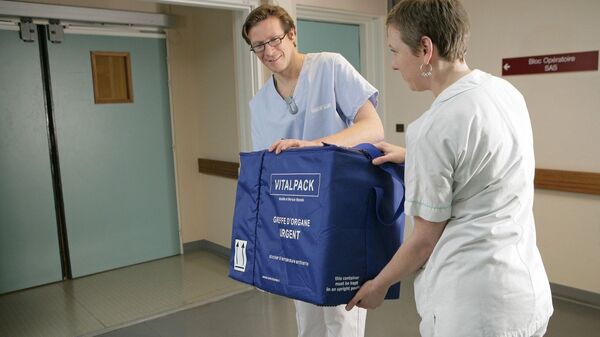Of the 20,000 US patients in need of heart transplants, only some 1,900 received transplants in 2011. While there were over 80,000 potential heart donors, only 34 percent of those hearts were accepted in 2010, according to the study by a group of Stanford researchers which was published in the American Journal of Transplantation.
The United States has become “more conservative over the past 15-20 years in terms of acceptance,” which is a matter of great concern given the national shortage of donor hearts and “the growing number of critically ill patients awaiting heart transplantation,” lead author of the study Kiran Khush was quoted as saying in a statement accompanying the report.
While certain factors for the rejection of hearts varied among surgeons and transplant centers, there was little evidence that using higher-quality donor hearts increased life expectancy or decreased undesirable side effects, according to the study.
The study concludes that a more systematic manner of evaluating hearts based on scientific evidence could help increase the number of heart transplants performed.
Heart disease is the leading cause of death in the United States. About 600,000 people die of heart disease in the country every year – one in every four deaths, according to US Centers for Disease Control and Prevention.






